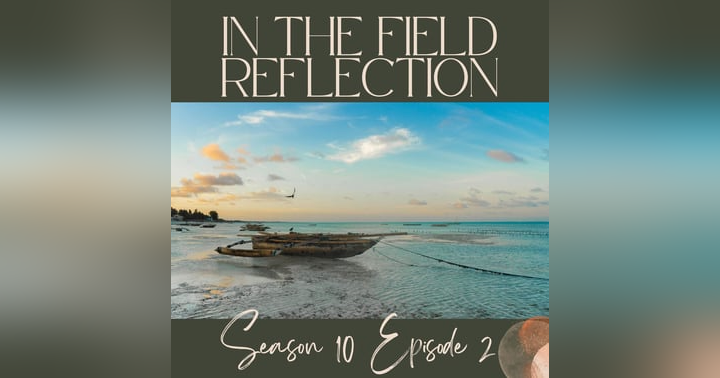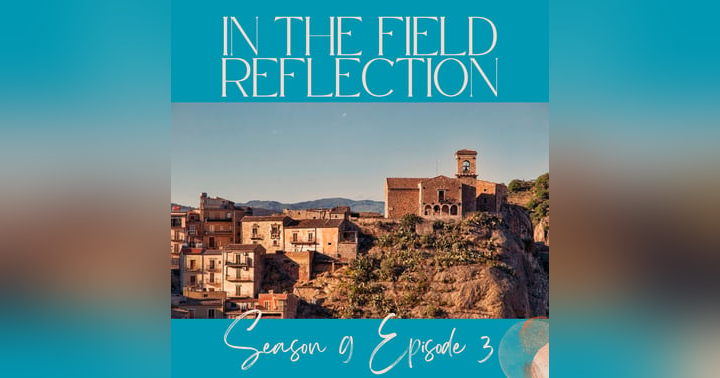The journey through the prophetic Book of Haggai leads us to profound insights about rebuilding, restoration, and finding hope amidst despair. In the second chapter of Haggai, we find ourselves in a post-exilic Jerusalem—a city marked by remnants of its glorious past, which still echo through its ruins. The temple, the heart of Israelite worship that once shone with golden splendor, lies in tatters, a mere shadow of what it was before the Babylonian exile. The emotional weight hangs heavy in the air, felt by the workers, who toil under the burdens of their displaced hopes. Among these laborers is Caleb, whose mornings begin early with the sounds of merchants and wildlife, hinting at a past filled with prosperity. The story of Caleb symbolizes the collective memory of a people yearning for the restoration of their homeland's former glory, something that seems increasingly elusive as they grapple with their present circumstances.
In this environment of doubt and uncertainty, the voice of the prophet Haggai rises, carrying a message of urgency interwoven with deep reassurance. God, through Haggai, speaks directly to the hearts of the people and invites them to take courage. "Be strong, for I am with you," Haggai reassures them, opening a window for the people to experience divine encouragement amidst their labor. This assurance is critical, considering the struggle involved in the act of rebuilding what had been lost. Haggai's call to action is profound, as he redirects their focus from physical restoration alone to a deeper spiritual reality where God's presence dwells among them. True glory, as God clarifies, goes beyond what can be seen; it exists within the hearts of those who seek Him earnestly.
As the story progresses, we witness Caleb's internal transformation. The chisel in his hand serves as a metaphor for the labor of faith—each strike not just a piece of stone falling but a step into the realm of divine promise. God assures His people that although the current temple may appear insignificant compared to its glorious predecessor, the latter glory will surpass the former. This promise speaks volumes not only about a physical structure but also about God's ability to restore a community's spirit, nurturing their internal landscape and drawing them closer to Him, even amidst their imperfections.
Through Caleb and the other workers, we observe a vivid portrayal of the struggle between past memories and present realities. Haggai challenges us to reflect on our own struggles—what ruins do we face in our lives? The theme of restoration rings true for modern listeners. We often find ourselves in the throes of disappointment, longing for the past while attempting to navigate our current realities. Just as Caleb and his fellow rebuilders held onto the promise of restoration, we too must hold fast to the hope that God is present in our striving, igniting courage even when our circumstances seem dire.
We're reminded that God's workings often transcend our understanding. The temple’s physical form becomes secondary to the fact that God desires to inhabit the hearts of His people. Haggai shifts the paradigm from reliance on external structures to an inward faithfulness that encourages us to cultivate a space for God's spirit to dwell. This aspect of the narrative serves as a pivotal reminder for listeners today— it’s not the grandeur of our lives that matters but the state of our hearts. Therefore, as we ponder God's call, we must ask ourselves: What is He inviting us to build in faith, and what practical steps can we take to invite His presence more fully into the fabric of our lives?
Ultimately, Haggai's message encourages us to view our current challenges through the lens of hope and potential. The promise of blessing, renewal, and divine presence is accessible to anyone willing to engage in this act of partnership with God. Such encouragement becomes essential for us as we traverse our own journeys of life, reminding us that God's pursuit of restoration remains steadfast regardless of our circumstances. Today, may we reflect on Haggai’s teachings, allowing them to penetrate our hearts and inspire us toward collaboration in the divine work of rebuilding, fostering a community rich in faith, strength, and hope.














